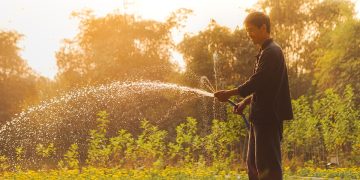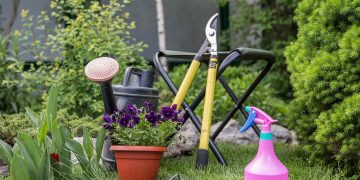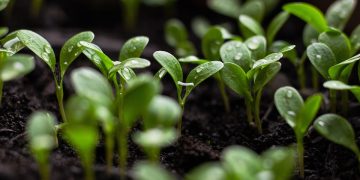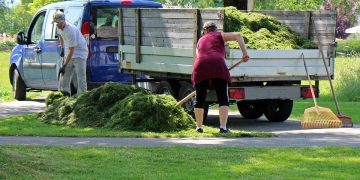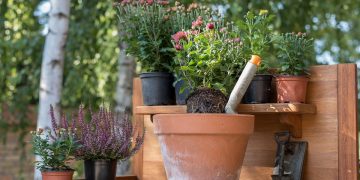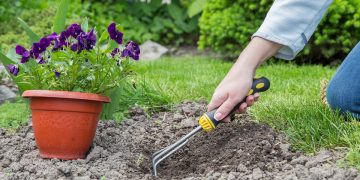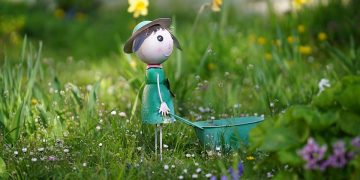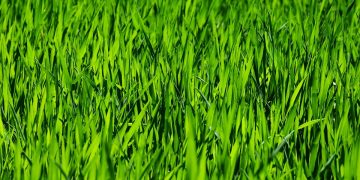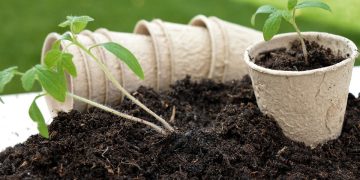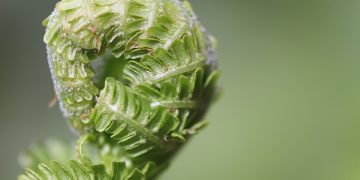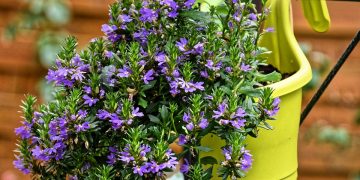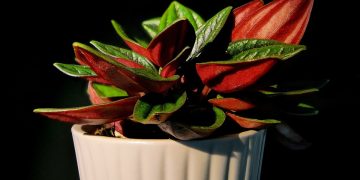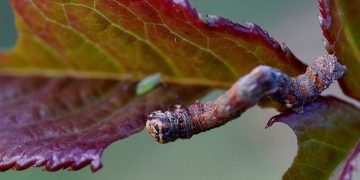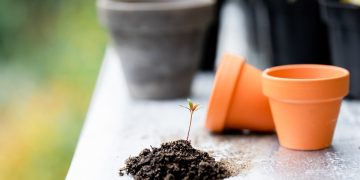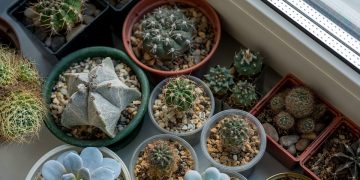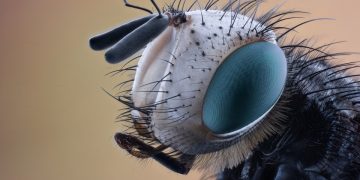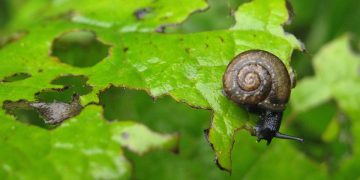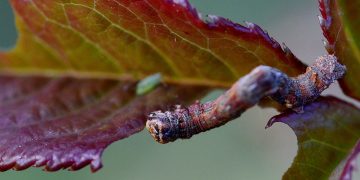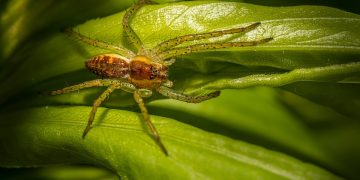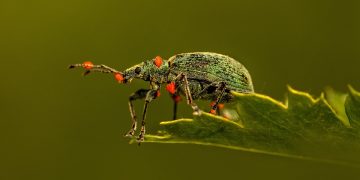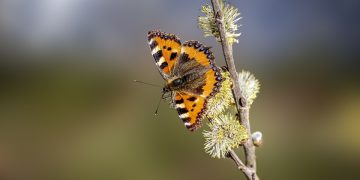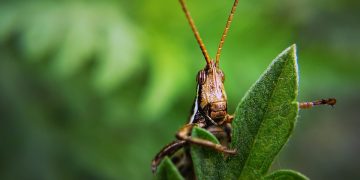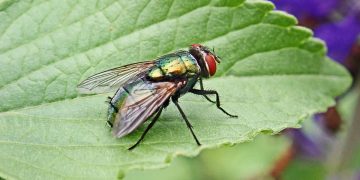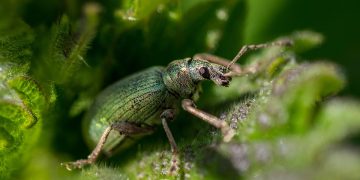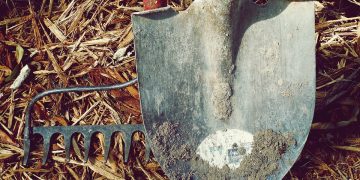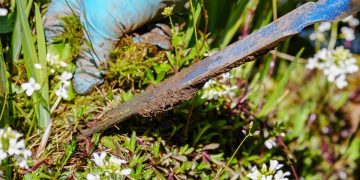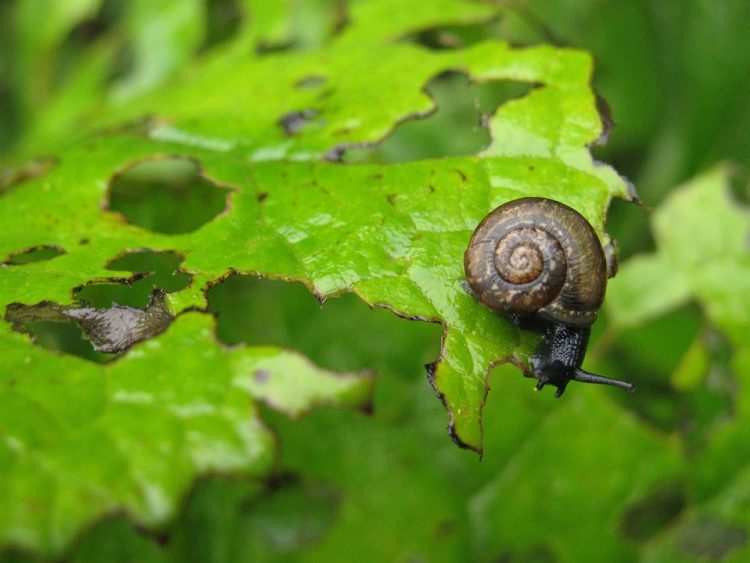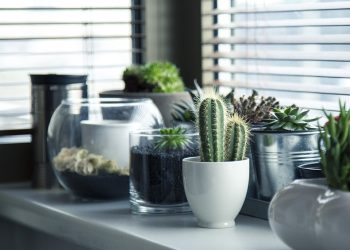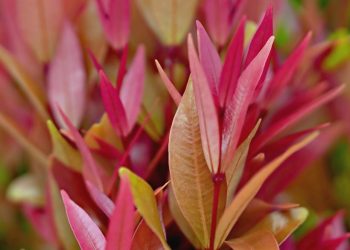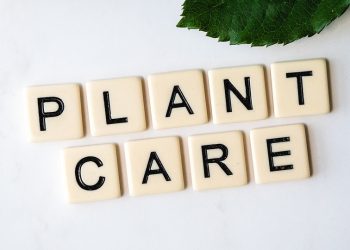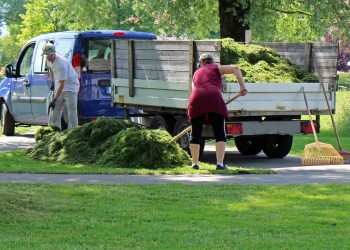The Ultimate Guide to Effective Plant Pest Control: Safeguarding Your Garden’s Health
Having a lush and thriving garden is a dream for many homeowners and garden enthusiasts. However, pesky plant pests can quickly turn this dream into a nightmare. In order to maintain the health and beauty of your garden, it is essential to implement effective plant pest control measures. In this comprehensive guide, we will explore various strategies and techniques to help you safeguard your garden’s health and keep those pests at bay.
Identifying Common Plant Pests
Before we delve into pest control methods, it is important to first familiarize yourself with the most common plant pests that may threaten your garden. Some of the most prevalent pests include aphids, whiteflies, spider mites, mealybugs, and caterpillars. These pests can wreak havoc on your plants by feeding on their sap, causing wilting, yellowing, and stunted growth. By being able to identify these pests, you can take proactive measures to prevent infestations.
Preventative Measures
One of the most effective ways to control plant pests is to prevent them from infesting your garden in the first place. Here are some preventative measures you can take:
Regularly inspect your plants
By regularly inspecting your plants for signs of pest infestation, you can catch any problems early on and prevent them from spreading to other plants.
Maintain plant health
Healthy plants are less susceptible to pest infestations. Make sure to provide your plants with adequate sunlight, water, and nutrients to keep them strong and resilient.
Practice crop rotation
Rotating your crops can help prevent the buildup of pests in the soil. By planting different crops in different locations each year, you can disrupt the life cycle of pests and reduce infestations.
Natural Pest Control Methods
When it comes to controlling plant pests, natural methods are often the safest and most environmentally friendly option. Here are some natural pest control methods you can use in your garden:
Beneficial insects
Introducing beneficial insects such as ladybugs, lacewings, and parasitic wasps can help control pest populations in your garden. These insects feed on common plant pests and can help keep their numbers in check.
Neem oil
Neem oil is a natural pesticide that is effective against a wide range of plant pests, including aphids, whiteflies, and spider mites. Simply mix neem oil with water and spray it on your plants to deter pests.
Diatomaceous earth
Diatomaceous earth is a natural mineral that can be sprinkled around the base of plants to control pests such as slugs, snails, and caterpillars. The sharp edges of diatomaceous earth particles cut into the pests’ bodies, causing dehydration and death.
Chemical Pest Control Methods
While natural pest control methods are preferred, there may be instances where chemical pesticides are necessary to control severe infestations. When using chemical pesticides, it is important to follow the instructions carefully and take precautions to protect yourself and the environment. Here are some common chemical pest control methods:
Insecticidal soap
Insecticidal soap is a mild pesticide that is effective against soft-bodied insects such as aphids, whiteflies, and mealybugs. Simply spray the soap directly on the pests to kill them on contact.
Botanical insecticides
Botanical insecticides are derived from plants and are effective against a wide range of pests. Examples include pyrethrin, derived from chrysanthemum flowers, and rotenone, derived from the roots of certain plants.
Synthetic pesticides
Synthetic pesticides are chemical compounds that are designed to kill pests. While effective, these pesticides can be harmful to beneficial insects, wildlife, and the environment. Use synthetic pesticides as a last resort and only when absolutely necessary.
Integrated Pest Management
Integrated Pest Management (IPM) is a holistic approach to pest control that combines multiple strategies to effectively manage pest populations while minimizing the use of chemical pesticides. IPM involves monitoring pest populations, implementing preventative measures, and using a combination of natural and chemical pest control methods. By adopting an IPM approach, you can effectively control plant pests while minimizing harm to the environment.
Conclusion
Plant pests can pose a serious threat to the health and beauty of your garden. By implementing effective pest control measures, you can protect your plants from infestations and ensure a thriving garden. Whether you choose natural or chemical pest control methods, it is important to be proactive and vigilant in monitoring your plants for signs of pest infestation. By following the tips and techniques outlined in this guide, you can safeguard your garden’s health and enjoy a pest-free oasis for years to come.
Remember, prevention is key when it comes to plant pest control. By taking proactive measures to keep pests at bay, you can maintain the health and beauty of your garden without resorting to harmful chemicals. Whether you choose natural or chemical pest control methods, always prioritize the health of your plants and the environment. With the right strategies in place, you can effectively control plant pests and enjoy a thriving garden for years to come.

